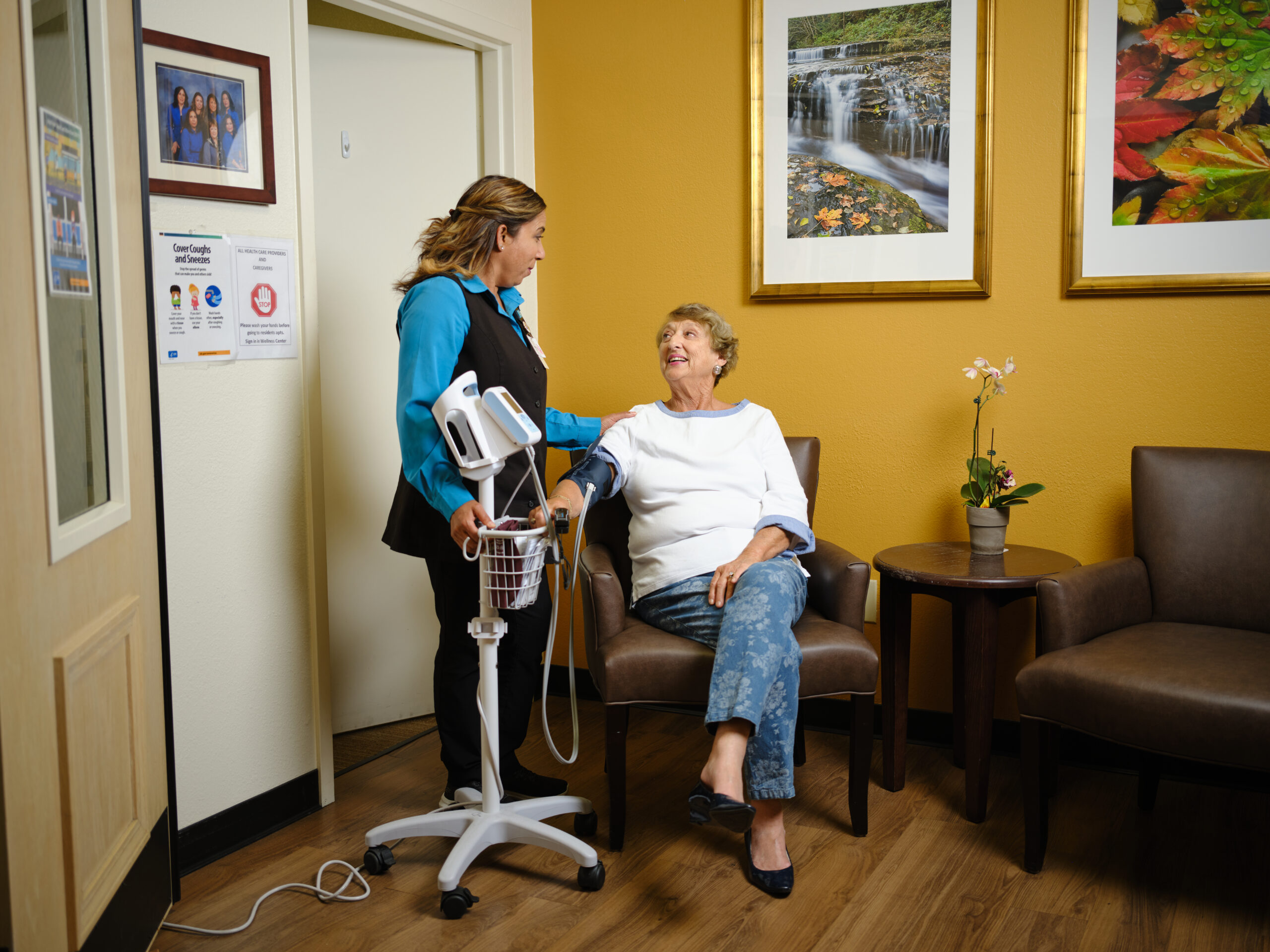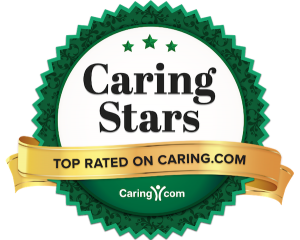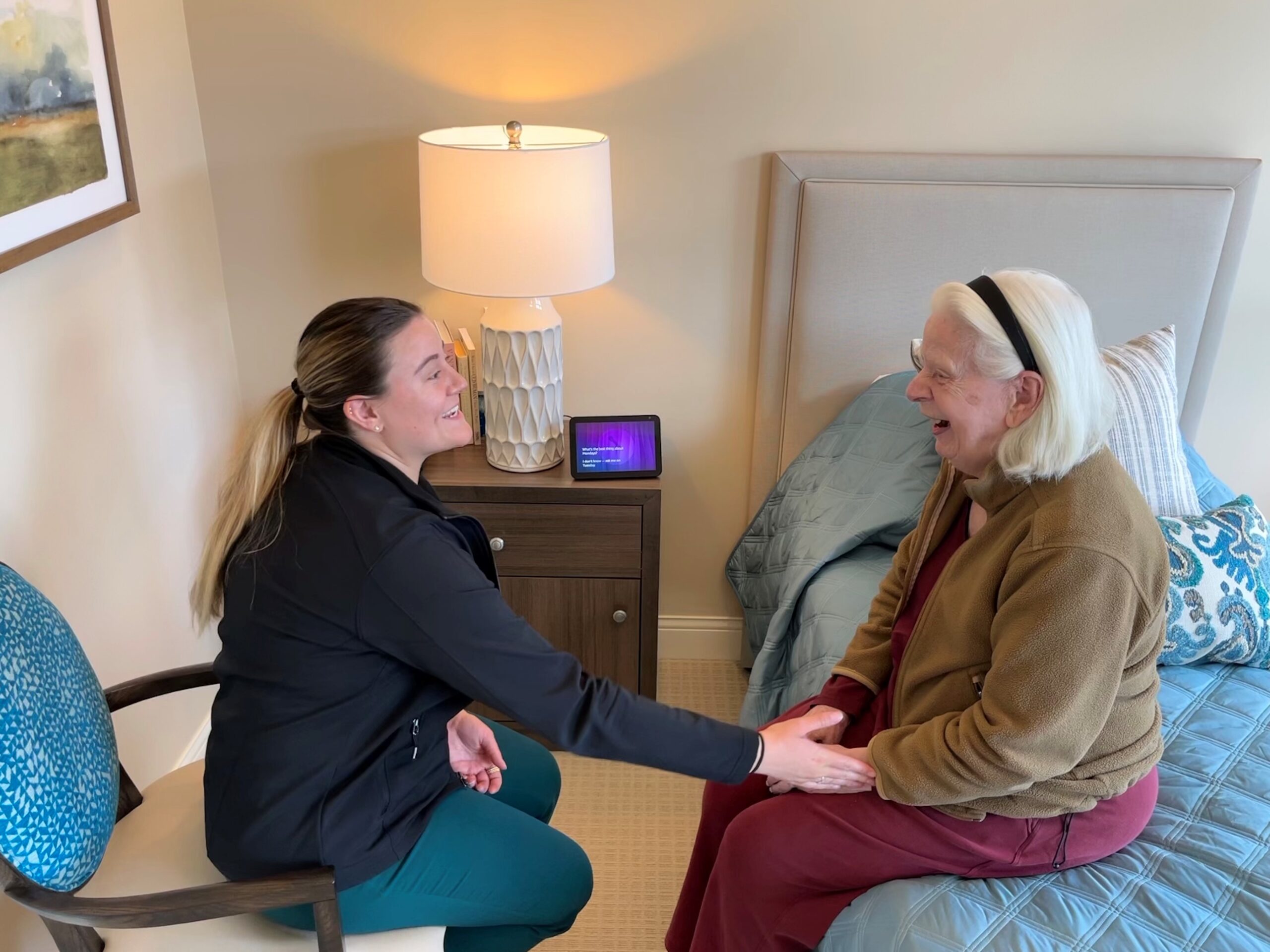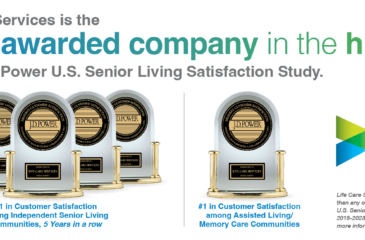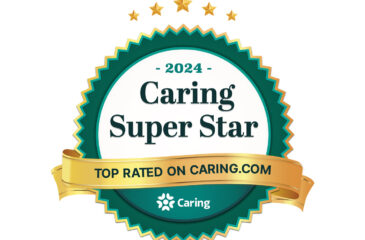01/03/2025
9 Questions to Ask When Making Post-Hospital Rehabilitation Plans
There are some illnesses and injuries that you can bounce back from. However, some things, like broken or fractured bones, joint or hip replacement, Parkinson’s disease or a heart attack, can require more care and support. That’s when your doctor may recommend post-hospital care like short-term rehabilitation or home health care to get you back to enjoying life. But which one is the best option? To help you decide, here are nine questions to ask.
How will my plan of care be determined?
When it’s time to leave the hospital, discharge planning should involve a team of people who know the types of care you will need, and whether you’ll go to a senior rehabilitation center or back home. It also should include information on which activities you might need help with. It’s worth noting that researchers at the University of Pennsylvania’s Leonard Davis Institute of Health Economics found that for more than 17 million Medicare hospitalizations between 2010 and 2016, patients discharged to home health care had a 5.6% higher 30-day readmission rate than similar patients discharged to a skilled nursing community.
What is the CMS rating of your health center?
Skilled nursing communities are given a quality rating between one and five stars. Communities with five stars are considered much above average in quality, and those that receive one star are considered below average quality. Only the top 10% of skilled nursing communities with the best health inspection scores in each state get a rating of five stars. The overall five-star rating is composed of separate ratings in these three areas:
- Health inspections: This rating contains the three most recent health inspections and investigations due to complaints.
- Staffing: This rating is determined using staffing data and includes the number of hours of care provided on average to each resident each day by nursing staff.
- Quality Measures (QMs): These encompass information on 15 different physical and clinical measures for residents.
At The Forum at Rancho San Antonio, our renowned skilled nursing care program has earned a high quality rating for more than a decade.
Do you take my insurance?
Medicare covers short-term rehab and skilled nursing communities. Medicare will also pay for inpatient prescription drugs and covers the cost of meals at a community. You may also be able to use long-term care insurance, VA benefits or the private pay option. To be sure, check with the short-term rehabilitation communities you’re considering.
Does your facility specialize in specific types of care?
Short-term rehabilitation communities usually include one or more of these rehab therapies:
- Physical therapy: Helps improve mobility, balance and flexibility by increasing strength and managing pain. Physical therapy is commonly recommended after a serious injury and can also help with chronic conditions like arthritis.
- Occupational therapy: Typically recommended after an injury, illness or stroke to assist with activities of daily living (ADLs), use of adaptive equipment or fine motor skills.
- Speech therapy: This type of therapy is generally recommended after a stroke or injury that affects the brain to help with conditions that affect communication, swallowing or cognitive skills such as attention or memory problems.
How often will I receive therapy?
There’s no “one size fits all” answer to this question. The frequency of your therapy will be determined by your discharge plan created by your physician and therapy team and the progress you make in your treatment.
What types of staff members will provide my care?
You care team should be made up of licensed physical, occupational and speech therapists along with a registered nurse, certified nurses’ assistants and other care professionals.
What do I need to bring to rehab?
Your doctor or care team may have suggestions on what you should bring, but here’s a general list of things to consider:
- Emergency contact information
- Three to five sets of loose, comfortable, weather-appropriate clothes that are easy to get into and remove
- A pair of comfortable walking shoes
- Socks and underwear
- Pajamas and slippers
- Comfortable coat or jacket
- Personal items such as glasses or contacts, dentures and hearing aids
- Address book and/or personal phone book
- Cell phone and cell phone charger
- Tablet or laptop
- Pillow
- Personal accessories like watch, necklace or bracelet
- Soap, shampoo and conditioner
- Personal hygiene products like toothbrush, toothpaste, hairbrush and makeup
- Perfume or cologne
- Favorite snacks or coffee mug
- Reading materials like books, magazines or newspapers
- Hobby items like cards, crossword puzzles, crochet, knitting, drawing and painting supplies, etc.
What should I expect when I move from the hospital to rehab?
Short-term rehabilitation centers at a retirement community offer 24/7 skilled care and therapeutic services to address your unique needs so you can safely return home. These services typically include the following.
- Help with the activities of daily living
- Community activities and events
- Customized physical, speech or occupational therapies
- Medication management
- Assistance with mobility
- Daily meals
- Round-the-clock care
What should I expect when I leave short-term rehab?
You won’t be discharged before you’re ready and able to return to your previous lifestyle. There may be some out-patient follow up or new assistive equipment you’ll need to use, but all of that will be determined by your doctor and discharge team.
Care Beyond Compare
To learn more about the high quality short-term rehab available at The Forum and our award-winning care, use our Community Assistant chat feature or contact us here
